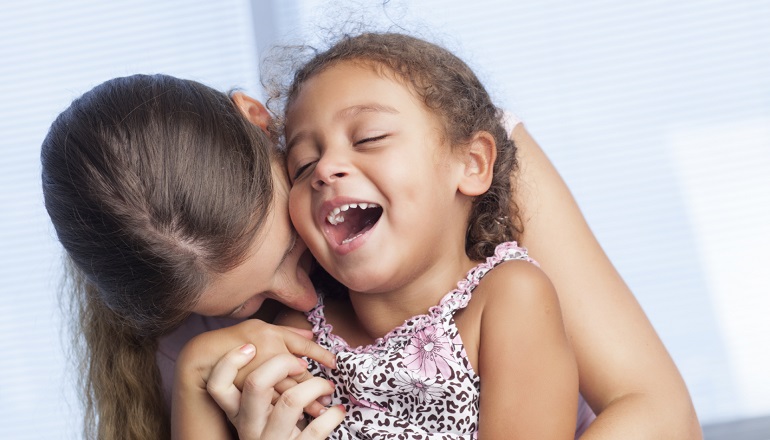How do I know when to stop trying for a biological child?
Social workers recommend that parents attend counseling as they make the decision to end infertility treatment; the rationale is that they do not want parents to see adoption as a second-best way to have a child. Many agencies require that clients stop all attempts to have biological children before they start the adoption process. If you want to continue trying for a biological child while pursuing adoption, choose an agency, attorney, or social worker who will support you. They do exist, it may just take some hunting. If you are adopting internationally, some countries do not permit pregnant women to adopt; if you are working on a private infant adoption, pregnancy reduces the chance that an expectant mother will choose you.
“We were both reluctant, and endured 12 years of infertility treatments. Finally, I realized I did not want to live the rest of my life without being a parent. It took another year to convince my husband, and then only after a psychologist (specializing in infertility) asked him a few simple questions. She asked if he was afraid that he couldn’t love a child not biologically related. He said yes. She then asked him if he loved his wife. He looked at me and said that he loved me with all his heart. Then the psychologist asked him if he was biologically related to his wife. Naturally, he responded ‘NO.’ That was all it took. We signed up to adopt the following week, and our son was born the following year. We love him more than we could ever imagine was possible.” —Liza
“With adoption, there is a child at the end. With infertility treatments, there may not be.” —Janiece
Will I always mourn the biological child I didn’t have?
Even parents who have adopted by choice tell us that they sometimes grieve for unborn biological children. However all adoptive parents we know, including those who adopted after infertility, say “but this is the child I was meant to have.”
“While I still feel a pang when I hear a woman tell her labor and delivery story, I jump right in when the talk turns to the intensity of the mother-child bond. My attachment is so fierce, it takes my breath away.” —Judy
“To my amazement, anniversary dates of heartbreaking miscarriages are no longer in my memory bank, and I actually find myself glad that my fertility efforts failed. While the struggle and long waits were, at times, debilitating, I now realize that it was all necessary to bring the right children into my life. It is truly miraculous.” —Maryann
What happens if I get pregnant?
Most of our adoptive mothers say that, when they announced their adoption, at least one friend or relative said, “Of course, now you’ll get pregnant.” In reality, adoption doesn’t increase your chance of conceiving—but adoptive mothers do get pregnant. If you are working with an agency that discourages parents from having biological children while adopting, you will be asked to leave the adoption program. If you are working independently, or your agency has a different policy, it is up to you. At Adoptive Families, we know a startling number of women who adopted in the last months of pregnancy.
How will I know I’m ready to adopt?
There is only one good reason to adopt, just as there is only one good reason to bear a child: Your desire to be a parent is greater than your fear. Having a child means giving up control of your life, your emotions, your future. When you’re ready to let your heart walk around outside your body, you’re ready for adoption.
“Our bond is real, extending beyond a biological relationship between mother and child. I love her because I am her life, and she is mine.”—Allison
Will my child love me as much as if I had given birth?
Yes. It’s that simple.






